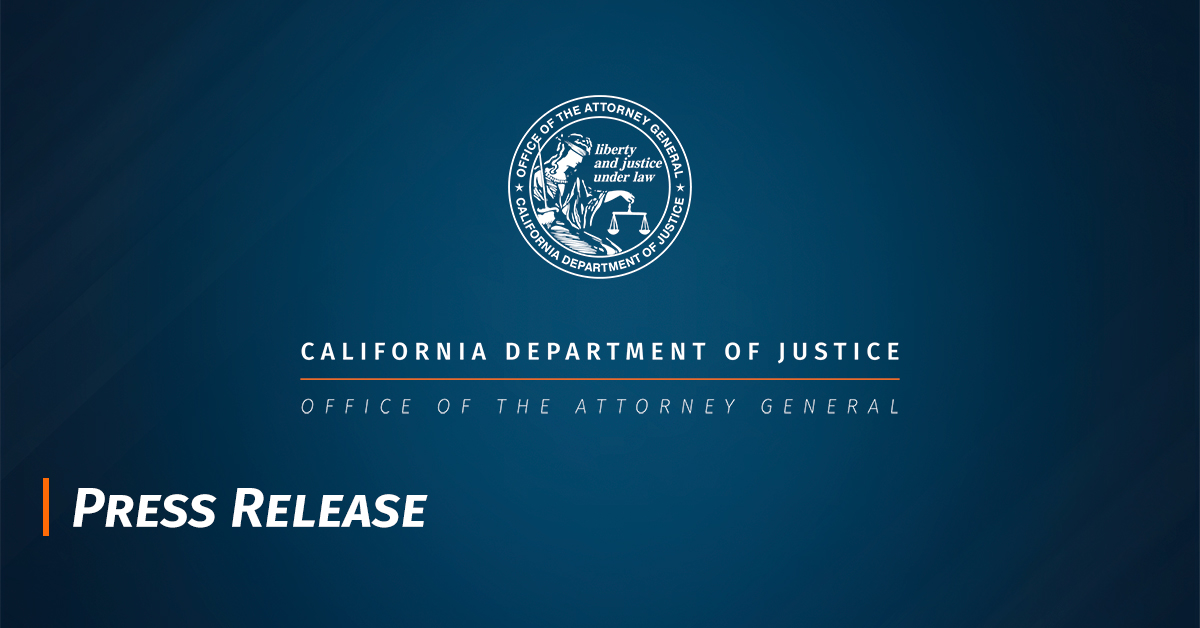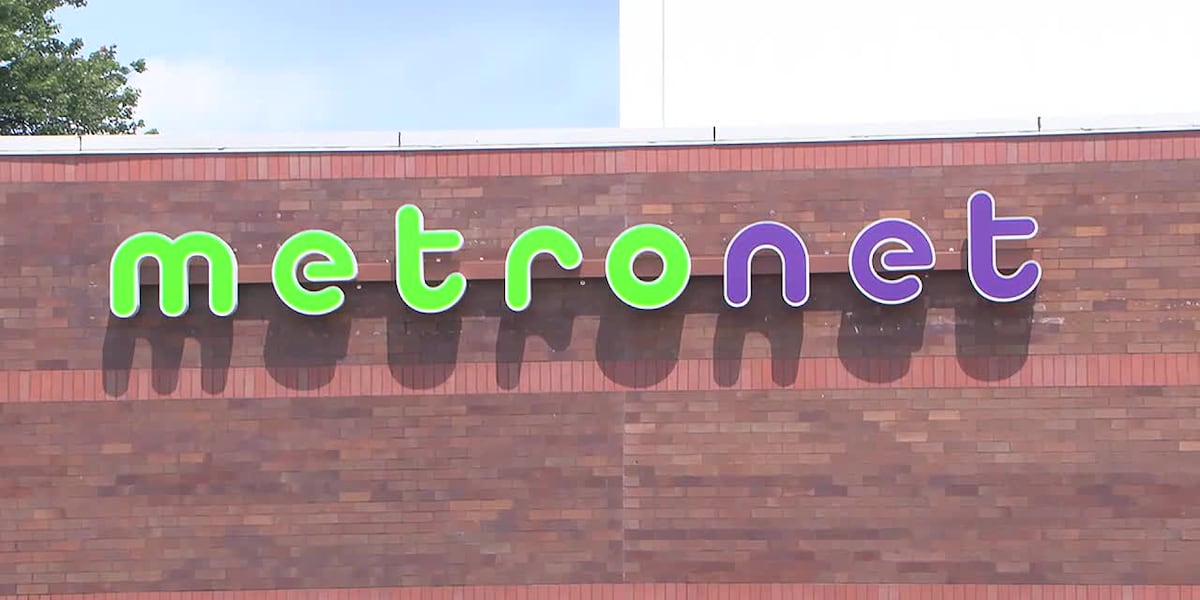Social Media Giants Targeted: Minnesota Dems Unveil Controversial Tax Proposal
Companies
2025-04-03 21:37:55Content

Minnesota is poised to break new ground in digital privacy and taxation with a groundbreaking legislative proposal targeting large social media companies. Senate Democrats are championing an innovative bill that would establish the nation's first data collection tax, specifically focusing on social media platforms that harvest user information from Minnesota residents.
Spearheaded by Senate Taxes Committee Chair Sen. Ann Rest from New Hope, the proposed legislation aims to create a novel tax framework that directly links to the number of monthly active Minnesota consumers from whom these tech giants collect data. This pioneering approach represents a significant step toward holding social media companies accountable for their data collection practices while generating potential revenue for the state.
The bill signals a bold move to address growing concerns about digital privacy and the economic value of consumer data. By introducing this tax, Minnesota could set a precedent for other states considering similar measures to regulate and monetize the increasingly lucrative world of digital information gathering.
Digital Privacy Revolution: Minnesota's Bold Move to Tax Social Media Data Harvesting
In an unprecedented legislative maneuver, Minnesota is poised to redefine the digital landscape by introducing groundbreaking taxation policies targeting social media giants who harvest consumer data. This innovative approach signals a potential paradigm shift in how technology companies interact with user information and state regulatory frameworks.Breaking the Silicon Valley Data Monopoly: A State-Level Intervention
The Legislative Catalyst
Minnesota's Senate Democrats are spearheading a transformative policy that could fundamentally alter the relationship between technology corporations and consumer privacy. Senator Ann Rest, chair of the Senate Taxes Committee, has crafted legislation that represents a pioneering approach to addressing the unchecked data collection practices prevalent in the digital ecosystem. The proposed bill introduces a novel taxation mechanism specifically designed to target social media platforms that aggregate user data from Minnesota residents. By implementing a financial deterrent, lawmakers aim to create a robust mechanism that compels these corporations to reassess their data collection strategies and respect user privacy more comprehensively.Economic and Privacy Implications
The proposed tax structure would be calculated based on the number of monthly active Minnesota consumers from whom data is collected. This innovative approach transforms data collection from an unrestricted activity into a potentially costly endeavor for technology companies, thereby creating a powerful economic incentive for more responsible data management practices. By establishing a direct financial consequence for extensive data harvesting, Minnesota is positioning itself as a potential trendsetter in consumer digital protection. The legislation represents more than a mere revenue generation strategy; it embodies a sophisticated regulatory response to the increasingly complex digital privacy landscape.Technological and Regulatory Landscape
This legislative initiative emerges against a backdrop of growing global concerns regarding digital privacy and the unchecked power of social media platforms. Minnesota's approach demonstrates a proactive stance in addressing these challenges, potentially inspiring similar measures in other jurisdictions. The proposed tax mechanism could serve as a blueprint for other states seeking to implement more stringent controls over digital data collection. By creating a financial disincentive for invasive data practices, the legislation aims to restore a balance of power between technology corporations and individual consumers.Potential Industry Responses
Technology companies are likely to face significant challenges in responding to this unprecedented regulatory approach. The legislation could compel them to develop more transparent data collection practices, implement more robust user consent mechanisms, and potentially redesign their engagement strategies to minimize financial exposure. Some industry analysts predict that this could trigger a broader reevaluation of data monetization strategies, potentially leading to more user-centric approaches that prioritize individual privacy and consent. The economic implications extend far beyond Minnesota, potentially setting a precedent for national and international digital governance frameworks.Consumer Protection and Digital Rights
At its core, the proposed legislation represents a significant milestone in the ongoing dialogue about digital rights and consumer protection. By directly challenging the current data collection paradigm, Minnesota is signaling a commitment to protecting individual privacy in an increasingly digital world. The bill acknowledges the fundamental right of consumers to have greater control and understanding of how their personal information is collected, utilized, and monetized by large technology platforms. This approach reflects a growing recognition that data is not merely a commodity but a critical aspect of individual autonomy and privacy.RELATED NEWS
Companies

Richtech Robotics: The Hidden Gem Poised to Revolutionize Tech Investments?
2025-03-30 14:55:21
Companies

Cannabis Tax Nightmare: Why 280E is Crushing Small Marijuana Businesses
2025-03-14 10:30:48






